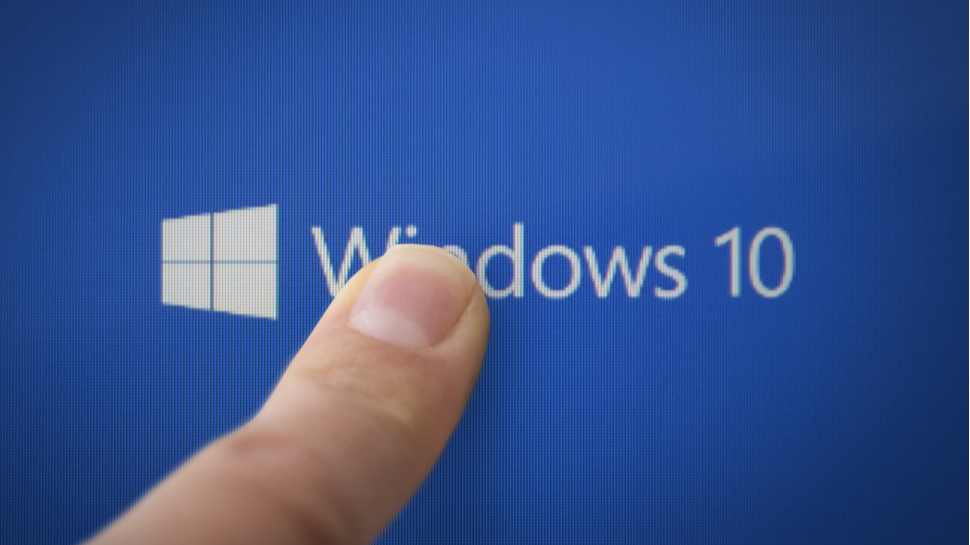
Microsoft has confirmed that Windows 10 will live on beyond its end of support (EOS) date of October 14, 2025, but users will have to pay up to keep using the platform safely.
Although Windows 10 22H2 has already been confirmed to be the final version of the operating system, Microsoft has committed to monthly security updates until the EOS, at which point, it will no longer get bug fixes for issues, security fixes for vulnerabilities, or time zone updates.
However, the company has now announced plans for an Extended Security Updates (ESU) program, much like the one that was offered for Windows 7, which will last up to three more years.
Windows 10 ESU confirmed
Microsoft said that organizations will be able to purchase yearly subscriptions for Windows 10 ESU, which will be renewable for up to three years. Enrolled devices will continue to get monthly security updates.
As of November, Windows 10 still accounts for more than two in three (68.0%) of all Windows installs (via Statcounter). While Windows 11 adoption continues to rise, it only accounts for just over one-quarter (26.6%) of the Windows market. Windows 7 now stands at 3.2%, down from 11.2% in December 2022.
Despite plans to continue support for those willing to fork out an annual fee, Microsoft continues to push Windows 11, suggesting that users upgrade their existing device, buy a compatible model, or go the cloud route and run Windows 11 via Microsoft 365.
The company added: “The ESU program for Windows 10 will include critical and/or important security updates. ESUs do not include new features, customer-requested non-security updates, or design change requests. Technical support beyond the ESU itself is also not available.”
Details, including pricing, are yet to be revealed, but Redmond has alluded to an ESU program for individual customers, too.
More from TechRadar Pro
- Microsoft starts warning Windows 11 users to upgrade to 23H2
- Downloaded something dodgy? Here’s the best malware removal
- Protect your PC with the best endpoint protection and best firewalls







